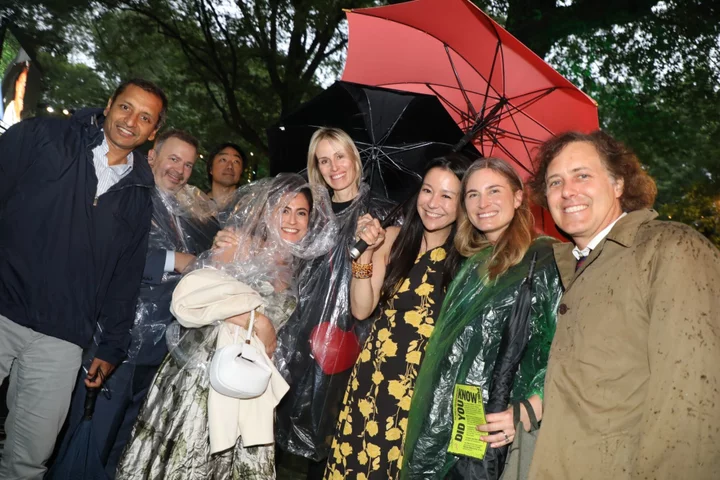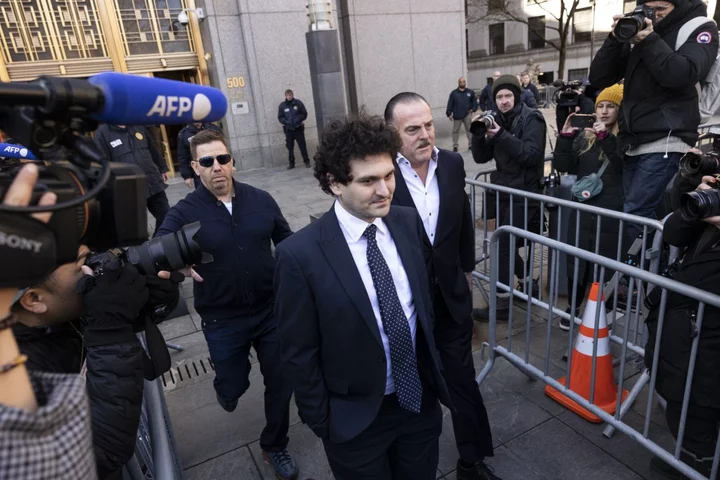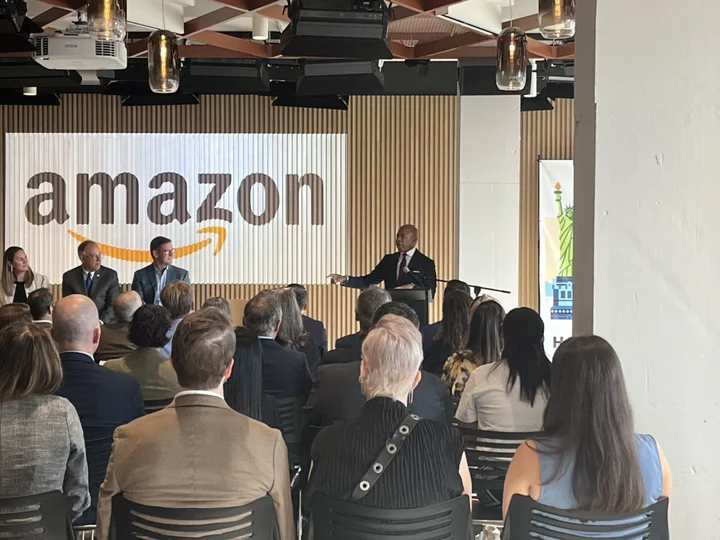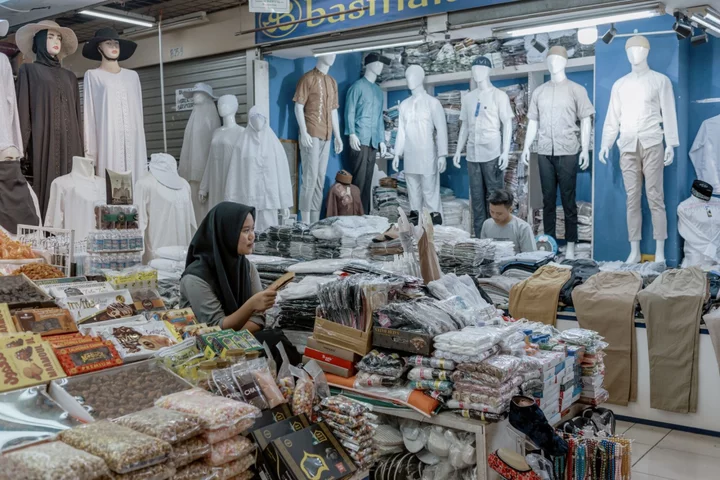New York’s smoky air canceled the first performance of Shakespeare in the Park last week, but its presenter, the Public Theater, is on the rebound.
On Sunday, Topdog/Underdog — a play the Public was first to stage in 2001 — won the Tony Award for best revival. Free performances of Hamlet are on now, with the winning Topdog director, Kenny Leon, at the helm.
And Monday, the nonprofit theater threw an outdoor gala for 650 guests in Central Park, including Topdog playwright Suzan-Lori Parks and hedge fund managers Robert Jain and Boaz Weinstein. The event finished just as the rain began, with all its air-purification potential, and raised $2.9 million.
Still, the gray skies of the evening seemed on point, given New York City’s proposed budget cuts to public services like libraries and schools. The costs of helping migrants is increasing, and there’s pressure on revenue.
The Public, too, is feeling budget pressures. Last week it announced it was putting the Under the Radar Festival on hiatus as it shores up its finances coming out of the pandemic.
“The Public Theater’s not in trouble, but we’re having to take a number of steps to make sure we stay out of trouble,” Artistic Director Oskar Eustis said in an interview at his table, seated with actor Sam Waterston and Ballet Hispanico chair Kate Lear.
“This is a tremendously challenging time,” he added. “Theaters that are getting into crisis are going under. My job is to make sure the institution is fulfilling its mission for many, many years to come.”
As for its municipal funding: “The city has been rock solid for us, we’re very lucky,” Eustis said.
The Public gets about $1 million annually from the city’s Department of Cultural Affairs, a small portion of its budget. It’s more dependent on the city for a $77 million renovation of the Delacorte Theater, home to Shakespeare in the Park. The bulk of that work begins in September, with the Public set to return in 2025.
The city is kicking in $41 million toward the cost. The Public is raising most of the rest privately.
So there’s no wealth exodus? “Not for us,” Eustis said.
Read More: Leaving New York for Miami Can Save Nearly $200,000 a Year
That was clear in the wealth influx at the event: When Luis Miranda, the Public’s chair, asked for donations from guests, about $150,000 was pledged in the first few minutes.
“I was trained by United Jewish Appeal Federation,” Miranda said, referencing the fundraising might — and persuasive tactics — of one of New York’s oldest and biggest philanthropies. “You have to give until it hurts. If it doesn’t hurt, you’re not giving enough.”
That idea underpinned the whole evening: New York will get through its woes, because of New Yorkers.
“We’re on a journey in this city to disprove the idea that the future of cities is dystopian,” Darren Walker, the head of the Ford Foundation, said as he accepted an honor alongside Marlla Torres, who works in public education and has championed the Public’s Shakespeare program in Hunts Point.
“This is a city comprised of optimistic and hopeful people,” Walker said. “We are passionate about the city we love, and we will be vigilant to protect and promote its interests.”
No one argued with that description. Definitely not Lin Manuel-Miranda, who performed Cheering for Me Now, a song about New York, with lyrics like “Where everyone’s different, but share the same island, polluted and loud, but you’re safe in the crowd.” And not Brandon Victor Dixon, who’ll star in the Public’s upcoming new musical, Hell’s Kitchen, with songs by Alicia Keys.
“I came to college in the city specifically because I wanted to be in this business,” Dixon said, adding that one of the things that keeps him here is the strong sense of community, which he defined as “all the circumstances that tap into our innate desire to support one another.”
On cue, when the skies opened, guests with umbrellas offered cover to those without. Many chose not to run to shelter, but rather to linger in the wet and mingle.









